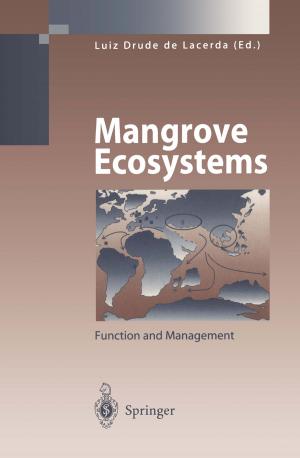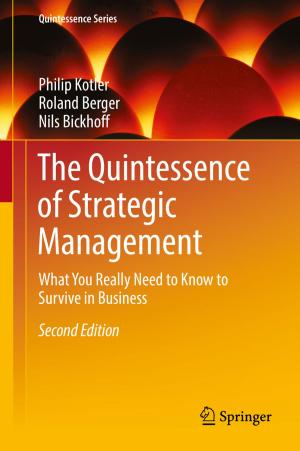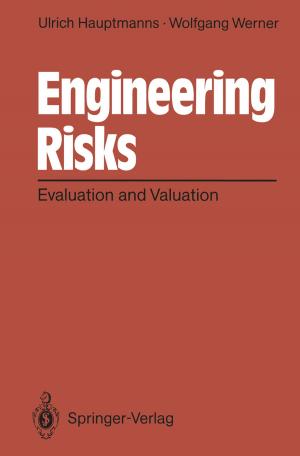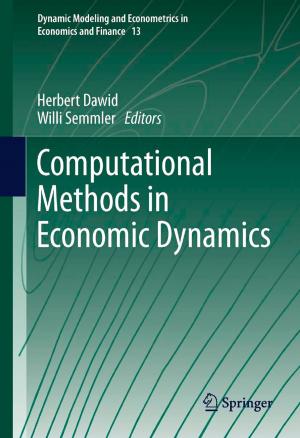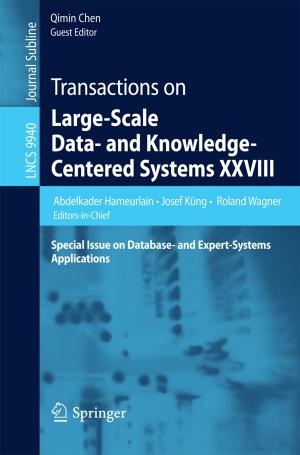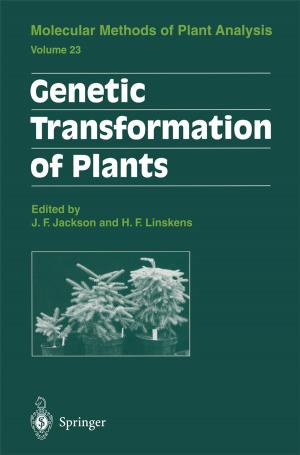Environmental Management of Solid Waste
Dredged Material and Mine Tailings
Nonfiction, Science & Nature, Technology, Environmental, Science, Biological Sciences, Environmental Science, Nature| Author: | ISBN: | 9783642613623 | |
| Publisher: | Springer Berlin Heidelberg | Publication: | December 6, 2012 |
| Imprint: | Springer | Language: | English |
| Author: | |
| ISBN: | 9783642613623 |
| Publisher: | Springer Berlin Heidelberg |
| Publication: | December 6, 2012 |
| Imprint: | Springer |
| Language: | English |
Dredged Material and Mine Tailings are two of the same thing once they are deposited on land: they must be safe-guarded, wash-out must be prevented, and they must be protected by a plantcover. This comprehensive two-volume treatise covers both important aspects of their management: Environmental Management of Solid Waste turns to the practical applications, such as prediction, restoration and management, while in Chemistry and Biology of Solid Waste the principles and assessment are scientifically studied and discussed. Previously, dredged material was a commodity, it could be sold as soil, e. g. to gardeners. In the meantime, dredged material from the North Sea (e.g. the Rotterdam or Amsterdam harbor) must be treated as hazardous waste. Many environmentalists, managers and companies do not know how to solve the inherent problems. This new work deals with the chemical, physical and biological principles; the biological and geochemical assessment; the prediction of effects and treatment; and finally, with restoration and revegetation. It is written by many leading scientists in the various fields, and will prove invaluable for managers and politicians who are concerned with the present environmental situation.
Dredged Material and Mine Tailings are two of the same thing once they are deposited on land: they must be safe-guarded, wash-out must be prevented, and they must be protected by a plantcover. This comprehensive two-volume treatise covers both important aspects of their management: Environmental Management of Solid Waste turns to the practical applications, such as prediction, restoration and management, while in Chemistry and Biology of Solid Waste the principles and assessment are scientifically studied and discussed. Previously, dredged material was a commodity, it could be sold as soil, e. g. to gardeners. In the meantime, dredged material from the North Sea (e.g. the Rotterdam or Amsterdam harbor) must be treated as hazardous waste. Many environmentalists, managers and companies do not know how to solve the inherent problems. This new work deals with the chemical, physical and biological principles; the biological and geochemical assessment; the prediction of effects and treatment; and finally, with restoration and revegetation. It is written by many leading scientists in the various fields, and will prove invaluable for managers and politicians who are concerned with the present environmental situation.


